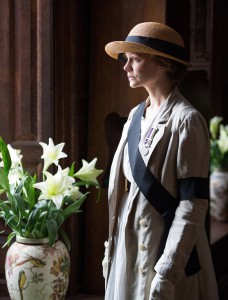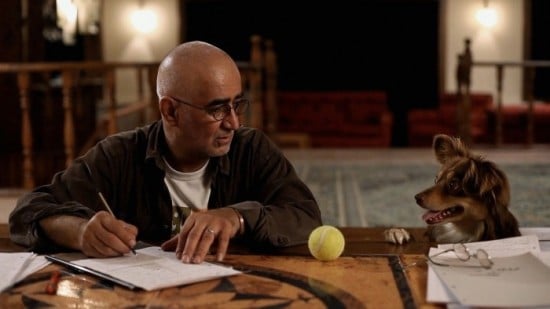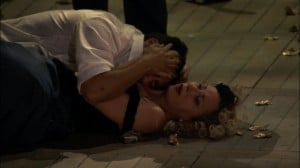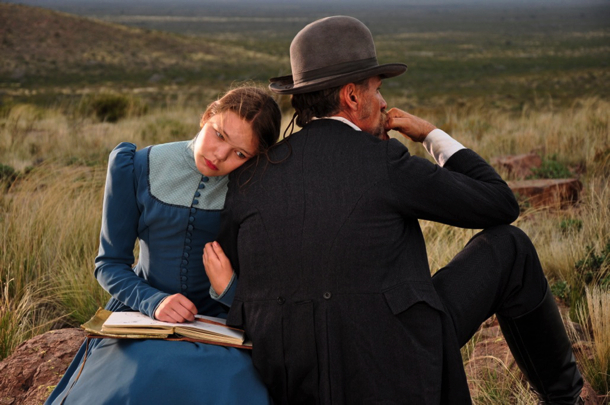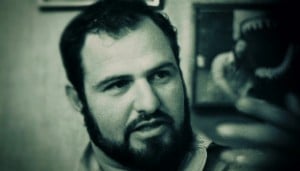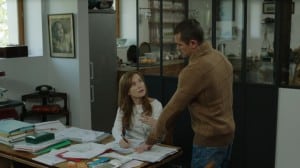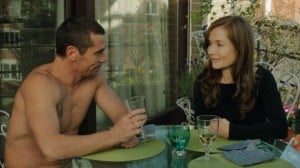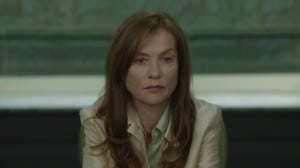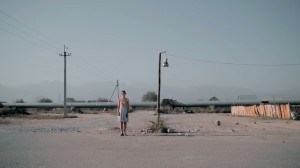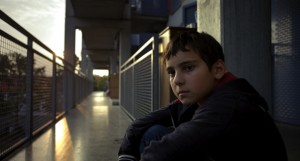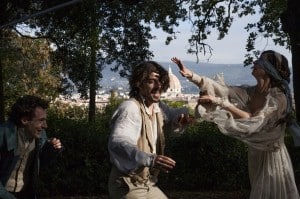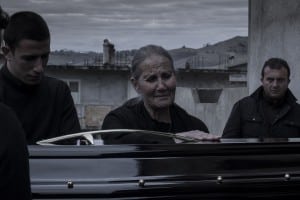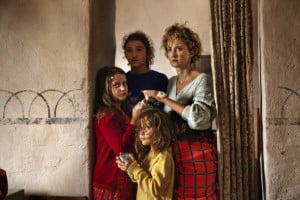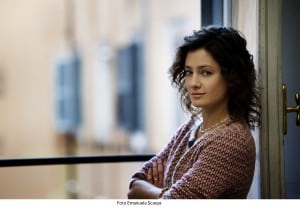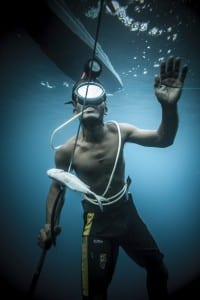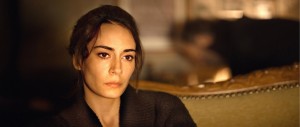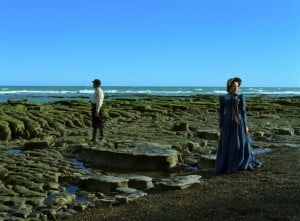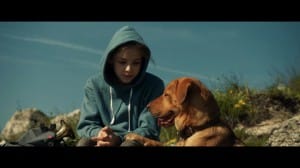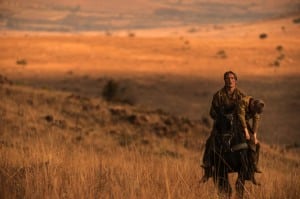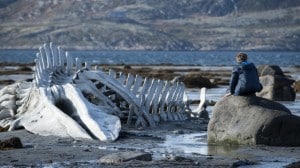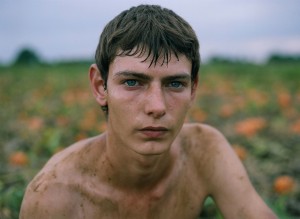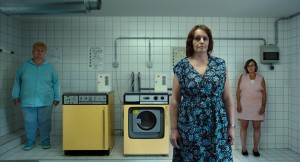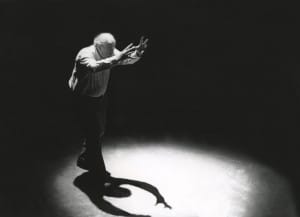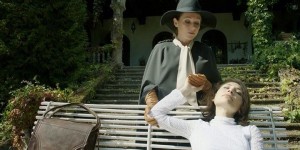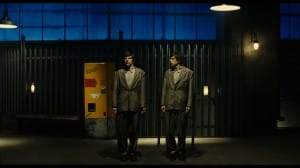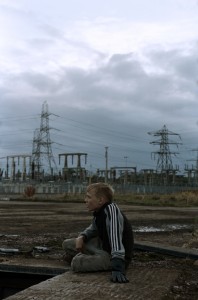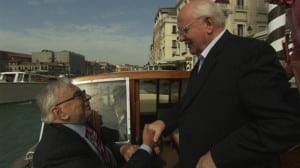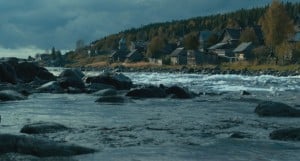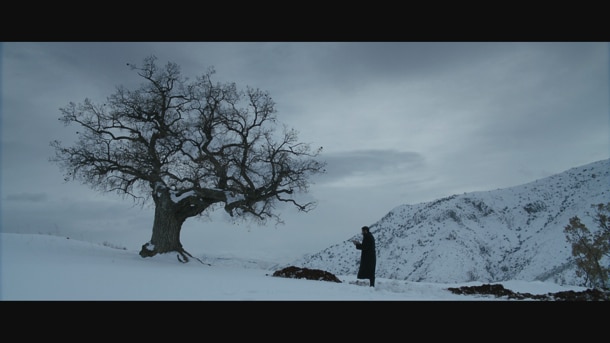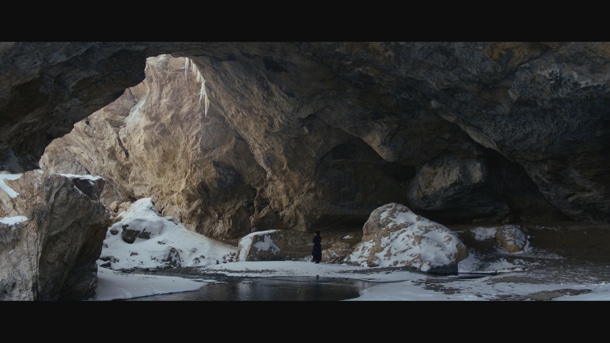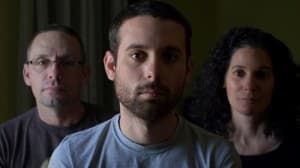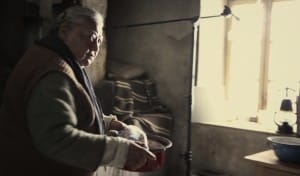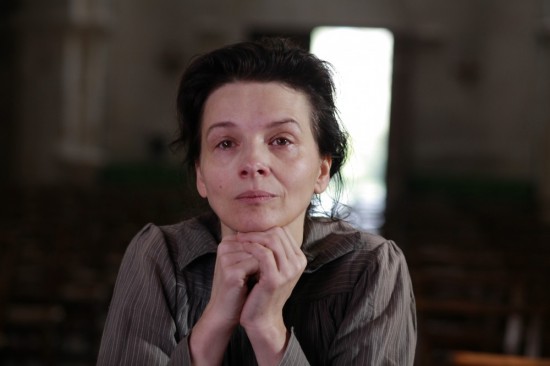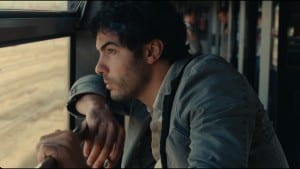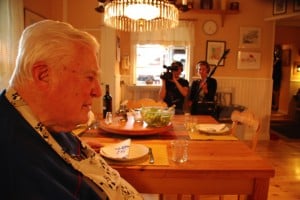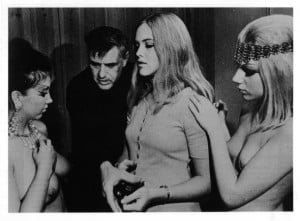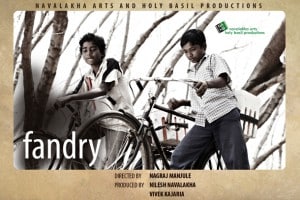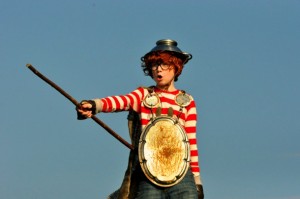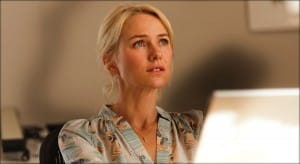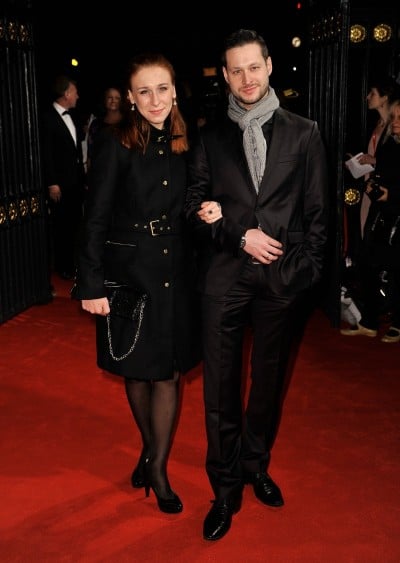On a cold, wet afternoon last October, Alex Barrett sat down with Hélène Cattet and Bruno Forzani to discuss The Strange Colour of Your Body’s Tears, on the day of its UK premiere at the London Film Festival.
AB: I was hoping we could begin with you describing The Strange Colour of Your Body’s Tears in your own words.
BF: For us, it’s like a cinematic experience. We have written the script so that each time you see the movie, you discover new things. There are different layers. We were very influenced in the writing by Satoshi Kon, the Japanese director who made The Perfect Blue. He has [also] inspired blockbusters in America like Inception. You know, it’s a dreamlike narrative. So the film is, for the first or second viewing, a cinematic experience, like a rollercoaster of images and sound, something very visceral. And after the screening maybe there are some things in your head which you begin to construct and begin to link. And that’s how you see it for the second, the third, or fourth time, each time seeing different things. And at the end maybe you will find all the keys. It’s a bit like David Lynch movies, you know? The first time you see them, you are fascinated by them, you don’t get it all but you have seen strong visions, strong visuals and sounds, and after maybe three or four viewings it becomes clear.
AB: In The Strange Colour of Your Body’s Tears, and also in your first film Amer, there seems to be a real focus on eyes and on ears. I was wondering if you could maybe talk a little bit about what those organs symbolise for you?
BF: Ah, you have seen the ears? Most people see the eyes but not the ears.
HC: They are the organs of perception, and in the movie you are in the perception of the character.
BF: Amer and Strange Colour are not linear storytelling, but circular storytelling. There are lots of circular elements. It’s all about point of view, because we want a lot of ambiguity. An image can say something more than the first look at it [tells you]. It’s all the philosophy of giallo, in fact, and of Blowup, of Antonioni. It’s all about eyes and point of view. We work a lot on close ups and we are very intimate. We try to enter in the intimacy of the character, so we have a lot of the eyes and ears so…
HC: But not only eyes or ears…
BF: Chins!
HC: Everything. But the eye has a lot of meanings, because it can be voyeurism, it can tell about intrusion, the other life…
BF: Desire.
HC: Yes. Each time you give it another meaning.
AB: It’s interesting that you say people pick up on the eyes but not the ears, because I think that your films are very auditory. They have a lot going on with the soundtrack, as well as with the visuals. I felt – and maybe this is what you were getting at – that by showing us these eyes and ears you were trying to say to the viewer ‘you need to look and you need to listen’. And by using the close ups, you fracture the screen space, meaning that the viewer has to work harder to piece things together. Would you agree with that?
BF: Yes.
AB: Would you like to comment further?
BF: Personally, I love the close ups because it breaks the space. And you can introduce that dreamlike atmosphere because the space is totally exploded. And you explore the body as architecture. When you are in close up it’s like the body is very giant and it’s like the gigantism of the houses we shoot in.
HC: Yeah, with the close ups, we want the audience to feel the madness of the character. The close ups erase the space around him.
BF: You don’t have anything to hold onto. And as the film is about loss, about someone who is losing his mind, we want the audience to be lost. So the close up approach is a good one I think.
AB: I think that the use of giallo aesthetic has been discussed a lot within your work, but I’ve read that for your very first short film, it was Bruno who brought in the giallo aesthetic, and that Hélène came in with the aesthetic of Chris Marker. I was hoping you could talk about this a little bit, and I’m particularly interested to hear you talk about the influence of Chris Marker on your work.
HC: When we began to make short movies we had no money, but we wanted the texture of 35mm grain. So we shot in still frames, like La jetée. It inspired us to have narration and to have a special effect with no money.
BF: And with that element of the photography, we talk about the body as an object of desire. It permits us to refine the body, to make it an object.
AB: I think the pixilation reminded me more of Jan Svankmajer, and I was wondering what kind of influence surrealism has had on your work? There’s an image towards the end of Amer, a close up of Marie Bos’ eyes and the sweat on her face, which reminded me of a Man Ray photograph. So I was interested in whether surrealism, and people like Jan Svankmajer – and actually, also the avant-garde and people like Kenneth Anger and Maya Deren – whether these people are influences, or whether these are just things I’m reading into your work which isn’t intentional?
BF: We try to work a lot with our subconscious, so the surrealism comes easier. In Belgium there is a big tradition of surrealism. You have Magritte, and we have some early twenties movies, early surrealists. And we try to go back to this culture, which has a little bit disappeared because the Belgium cinema is very realistic. For Amer, there was some stuff from Buñuel, not the eye but the hands that come out from the belly. We love it when you don’t know if it’s a dream or reality. And, it was on purpose to take the surreal approach. Kenneth Anger is more [an influence] on the style and the aesthetic, the form. And the fetishistic approach to certain stuff, like in the detective’s little story about the button [in Strange Colour], you have all the texture of the dress, which reminds me of one of Anger’s shorts [Puce Moment], which focused on the texture of the dress of a Hollywood actress. For Maya Deren, it’s more the dreamlike universe, like in Meshes of the Afternoon which is like a dream. Someone in a loop, you know?
AB: Which reminded me very much of the loop sequence in The Strange Colour of Your Body’s Tears.
HC: Yes.
AB: I was wondering if you could talk a little bit about the way your directing relationship works? Often people who work in duos say that one works with the visuals and one works with the actors. But I was wondering about how you two do it?
HC: When we are writing it’s just like tennis. I make a version, he corrects it and gives me another version, which I correct. Then, when we are preparing the movie, we are discussing and fighting a lot, trying to agree on everything. Because it’s the time to get on the same wavelength. So then, when we are on the set, normally we are okay. We don’t lose time and we don’t fight in front of the crew. The more difficult part is the preparation and the writing.
BF: And the end of the movie, when we have to finalise the sound and the editing, because it’s very subjective, it’s very sensual. And we are very different. It’s like colours. Maybe she prefers blue and I prefer red. And we have to find a balance between our two subjectivities to do something very subjective.
HC: But on the set we are making everything together.
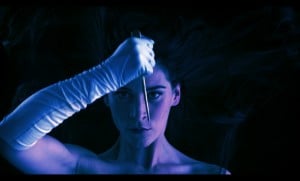
AB: I read that for Amer you filmed everything first on a digital camera, with you two playing all the parts. Did you do the same for The Strange Colour of Your Body’s Tears?
HC: Yes.
AB: So could you maybe talk to me a little about that process? Do you edit that material? Are you making the whole film in digital? How does that process work for you two?
BF: In fact, for this one we didn’t have the time to do it all. There are two storyboards. The first one is before we have seen the real locations, so we do an abstract storyboard in our head. And for some sequences it’s easy because it’s on a bed or something like that, so it’s no problem. And after, when we discover the locations and we choose which house we’re going to shoot in, we redo all the storyboards. Because we have seven houses to make one house we do all the editing to see if it all fits, if all the different locations fit together. So we have all the editing ready. And after [the shoot], when we arrive at the editing we review that map, if you want. So the biggest parts [of the edit] are to choose the good shots of the actors, and the rhythm.
AB: I’ve always wondered if shooting a digital test version first takes the fun out of the shoot, because you’ve thought it through so much in advance. Have you found this? I mean, when you come to the set are you just repeating what you’ve already done, or is it still an organic process?
HC: It’s impossible to repeat the same thing, because it’s really a rough draft. It’s only the two of us. It’s ridiculous. Totally. [Laughs]. But when you do that you’re more prepared if there is something which happens. And you can improve the shot, because you know what you want. Maybe you can have another idea with the light, with the actor, and you’re not stressed – it’s okay, because you know what you want really precisely.
BF: We shoot a lot. But we use it all in the editing. And as we have a lot of shots, we have to be very prepared because we do more shots than the normal film. We have been for The Strange Colour… in houses, or in various locations, which are very labyrinthine. They are so big that you can’t know in a minute what you are going to shoot, because it’s so intense. So we spend three days in the location watching all the points of view and thinking what would be the best for the storytelling for the movie, and how we are going to shoot? We won’t have the time to do that on the set because we have to be very fast.
HC: Yeah, to shoot in that kind of location, it’s not sensible to come in and improvise.
BF: It’s expensive to shoot in houses like that, so you have to… you have eight hours and you have to do 45 shots, so you have to be like an army [laughs].
AB: Before you made Amer, you trained by making a number of shorts. I read on the DVD of Amer that in 2004 you went off to Madagascar to make a very different type of film, which then fell apart for reasons beyond your control. I was wondering if you could maybe talk a little bit about that project, and speculate on whether, if that film had been finished, the films you’ve made since might have been very different?
BF: Well, we went to Madagascar and it was just after our…We had made four shorts in a universe like Amer and Colour, and we wanted to do something different: more sensual, more about time. We love Abbas Kiarostami, and [we wanted to do] something totally different. In Madagascar there was a special… the time was very special. It was very long and not like when you live in the city, where you are really stressed. The people who work are waiting a lot and it was about a driver, about a guy who was working as a chauffeur, who was always waiting waiting waiting. It was shot on the still frame, black and white. And we began the two day shoot, and there had been like a storm or something like that
HC: There was a cyclone…
BF: A cyclone which sucked away all the location we were supposed to shoot, so it was like carnage, chaos. And the guy who was acting in it left, and we never saw him again. And so maybe it could have been a turn in what we have done now. But yes, it was something totally different. But just after that we made a short film, called Santos Palace, and it was more in that [giallo] mood.
AB: And do you think your next film will be giallo, or something different?
BF: We have a third part for Amer and Colour, but we don’t think we’re going to do that now. We have to wait, take a breath, because it was eleven years that film, so it’s been a big part of our lives, so we have to take a breath. And at the end our collaboration was like Possession, you know, Zulawski? [Laughs] So we have to reconnect artistically on something that doesn’t come from us, and after we’ll go back to that giallo universe.
AB: Thank you very much.
BF: You’re welcome.
THE STRANGE COLOUR OF YOUR BODY’S TEARS IS ON GENERAL RELEASE FROM 11 APRIL 2014

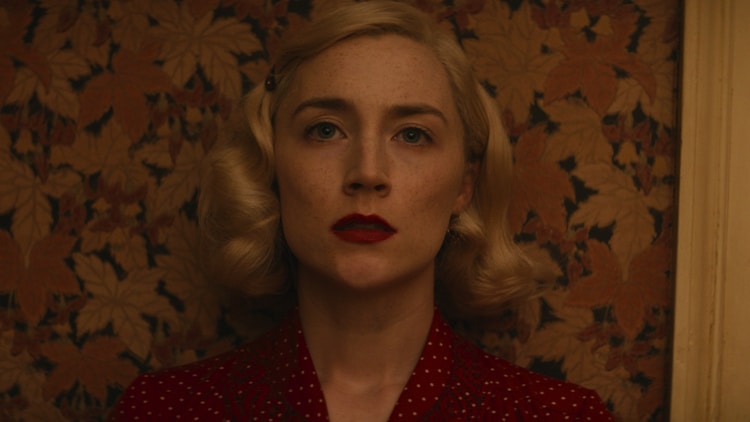
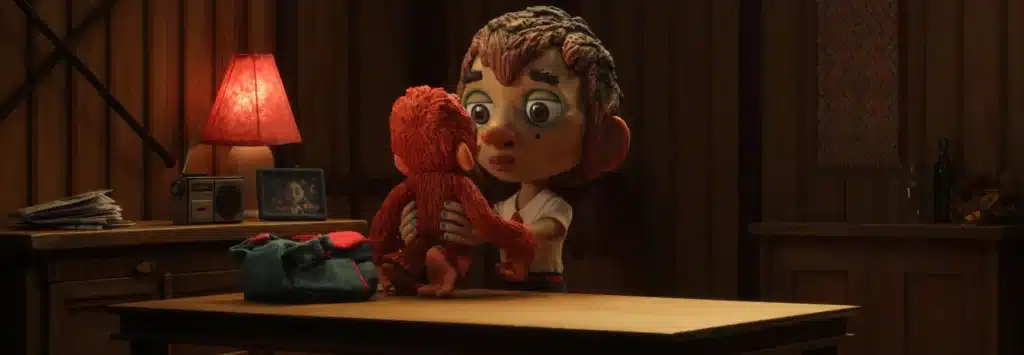
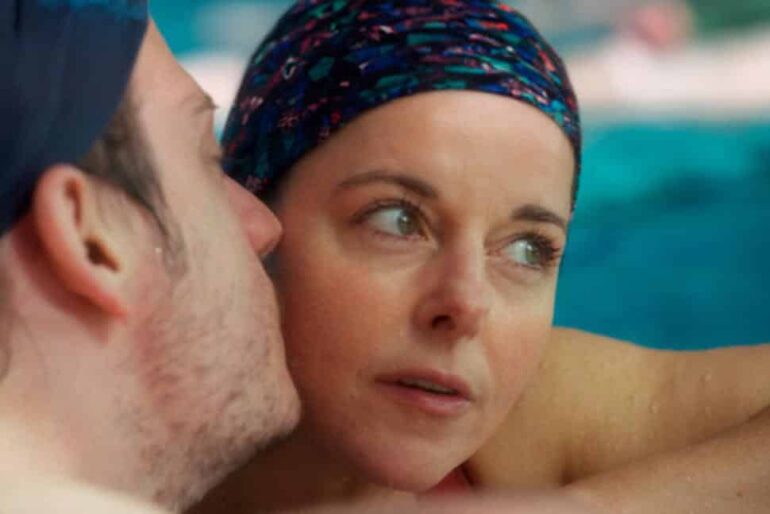
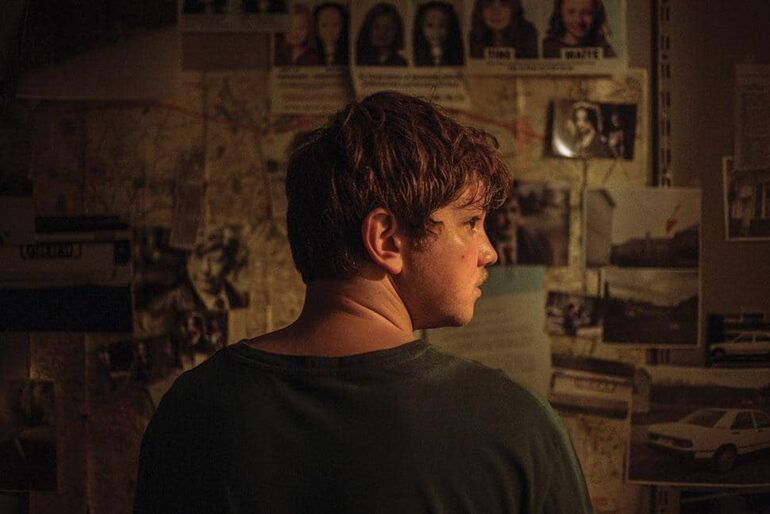
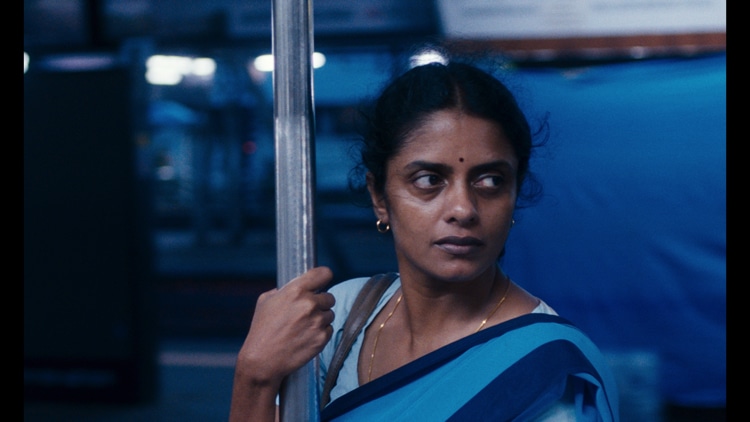
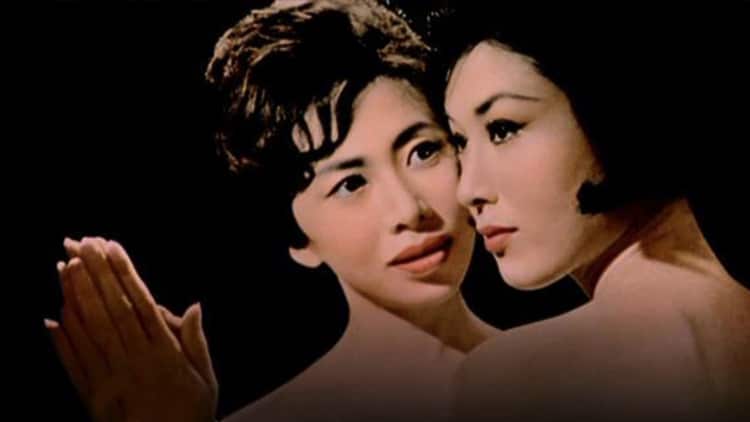
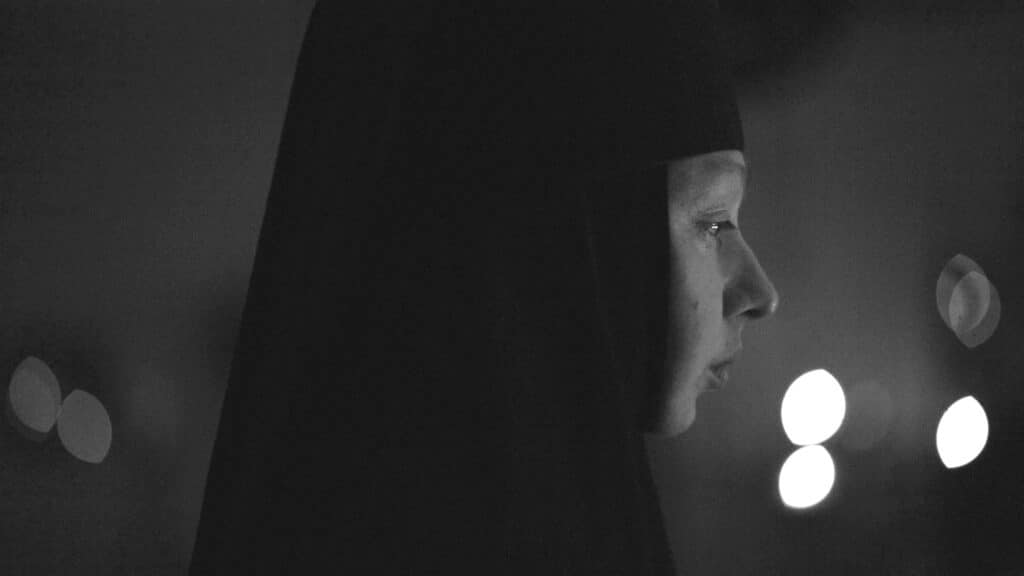




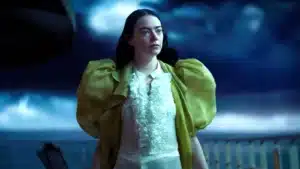
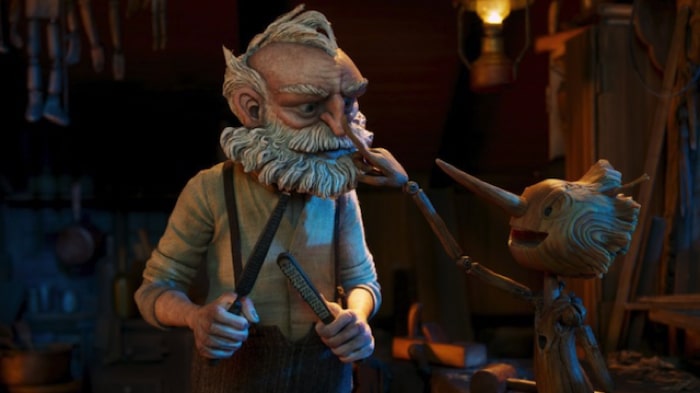

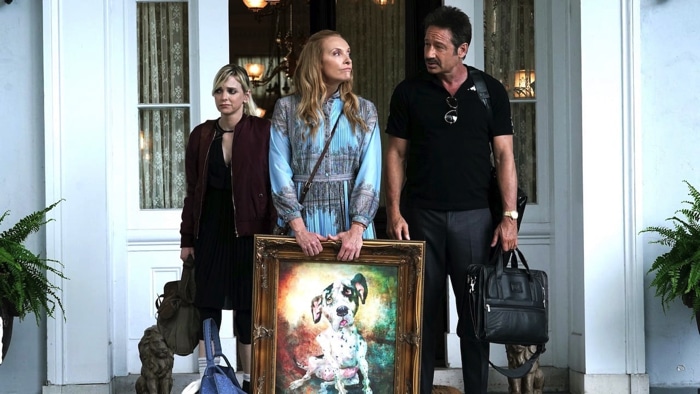
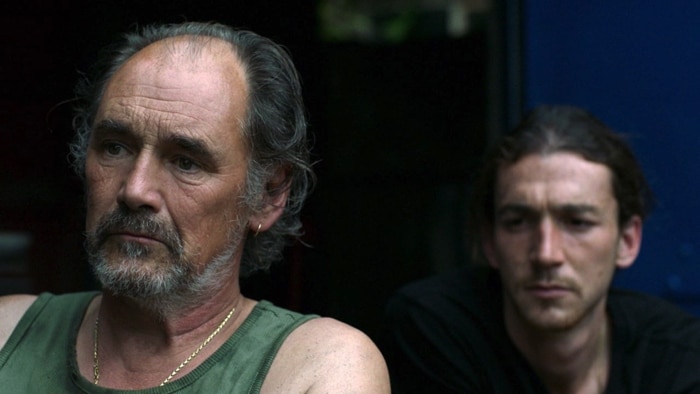

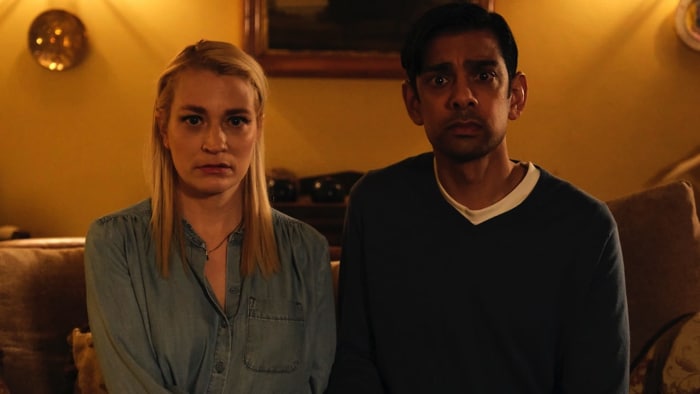
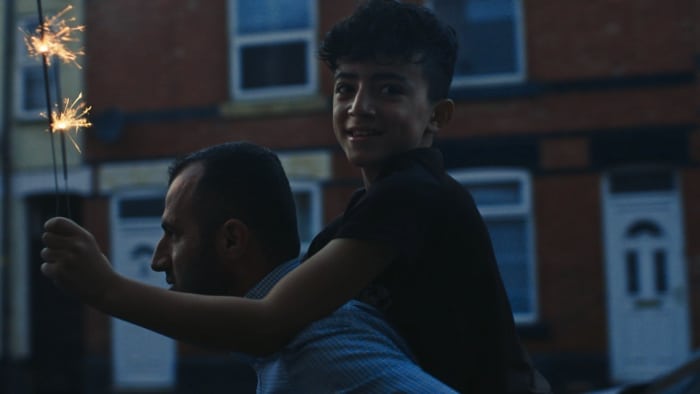
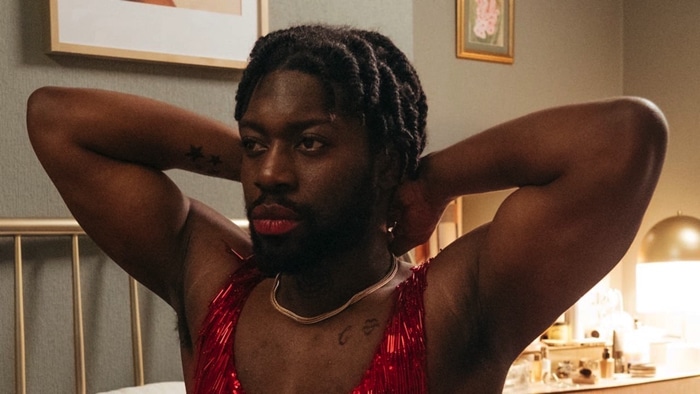
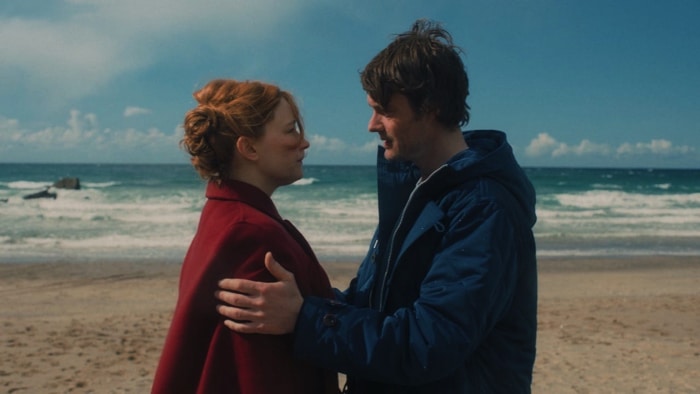
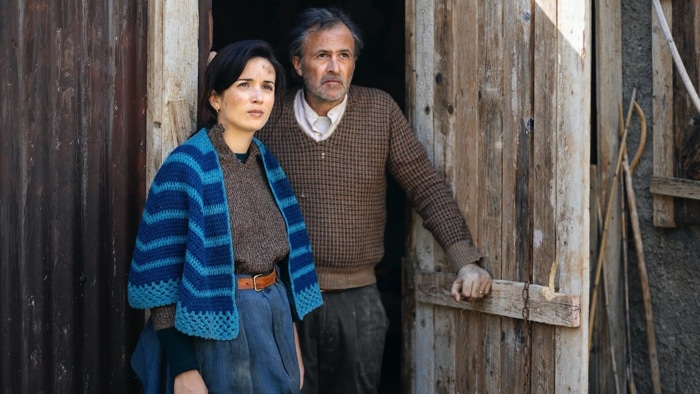
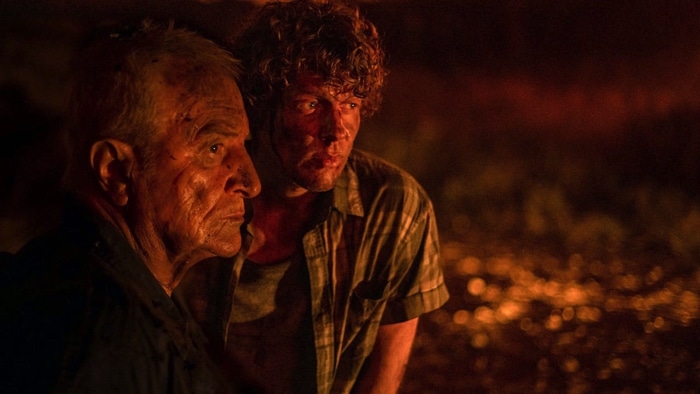
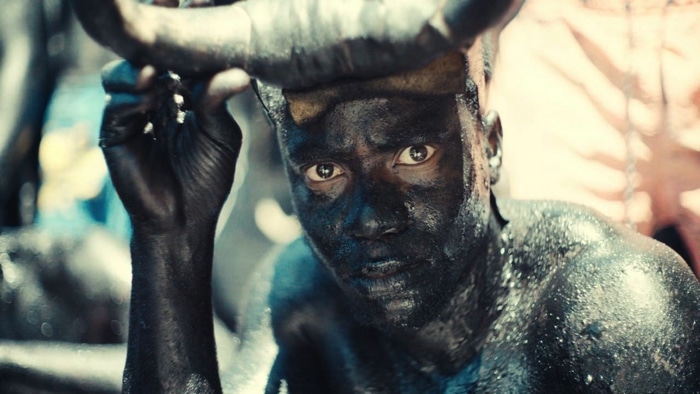
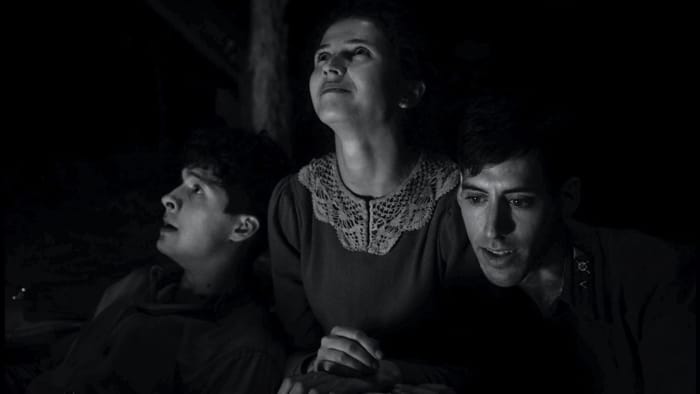
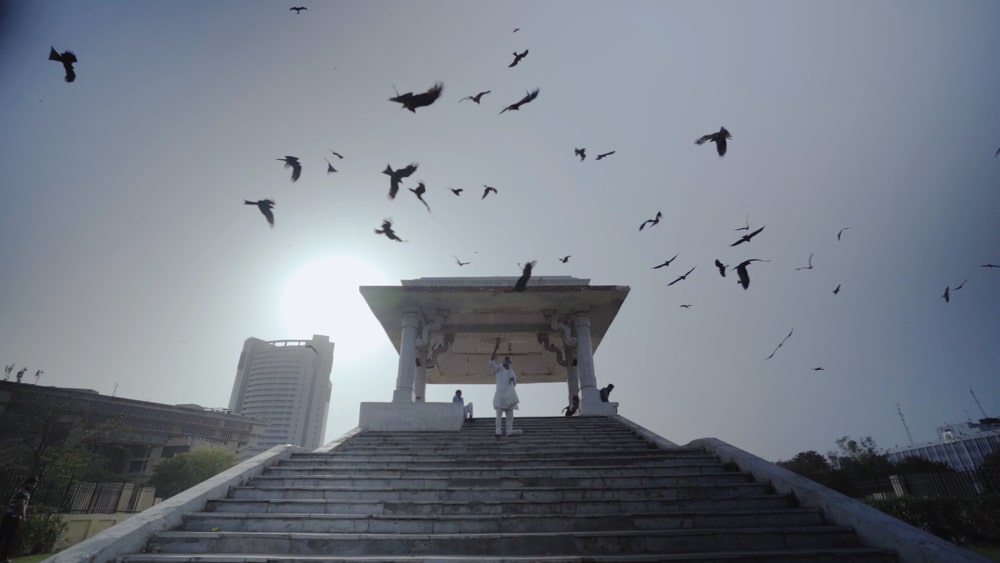
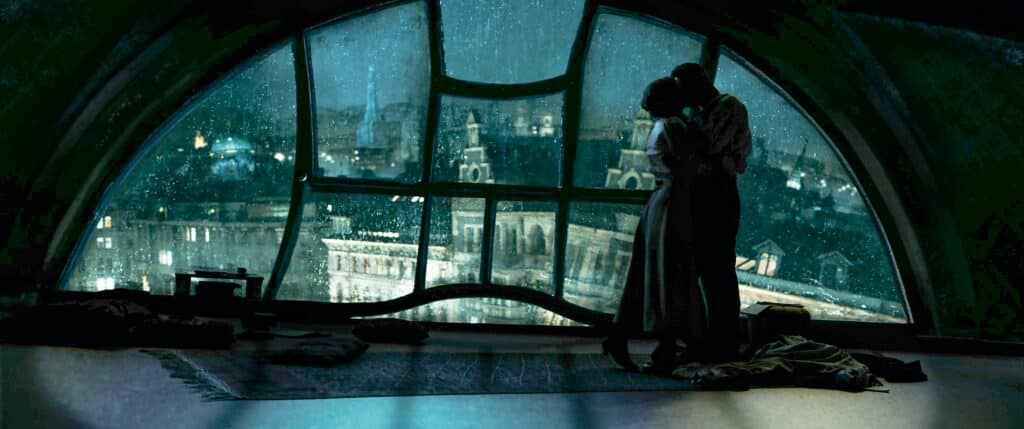
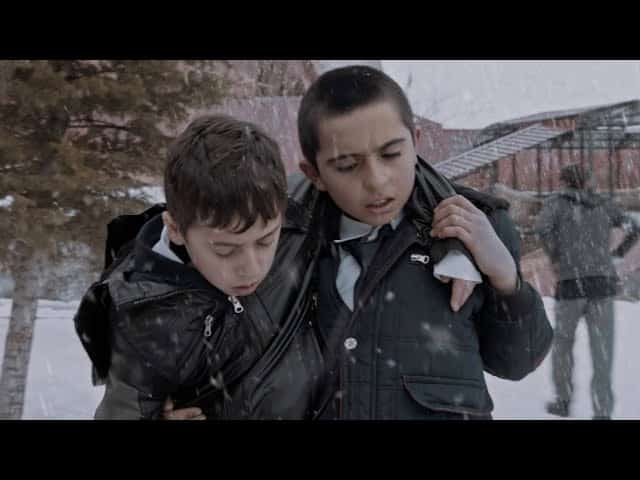
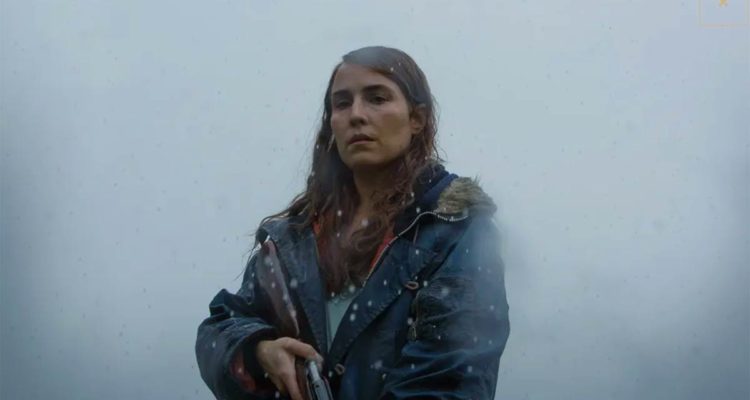
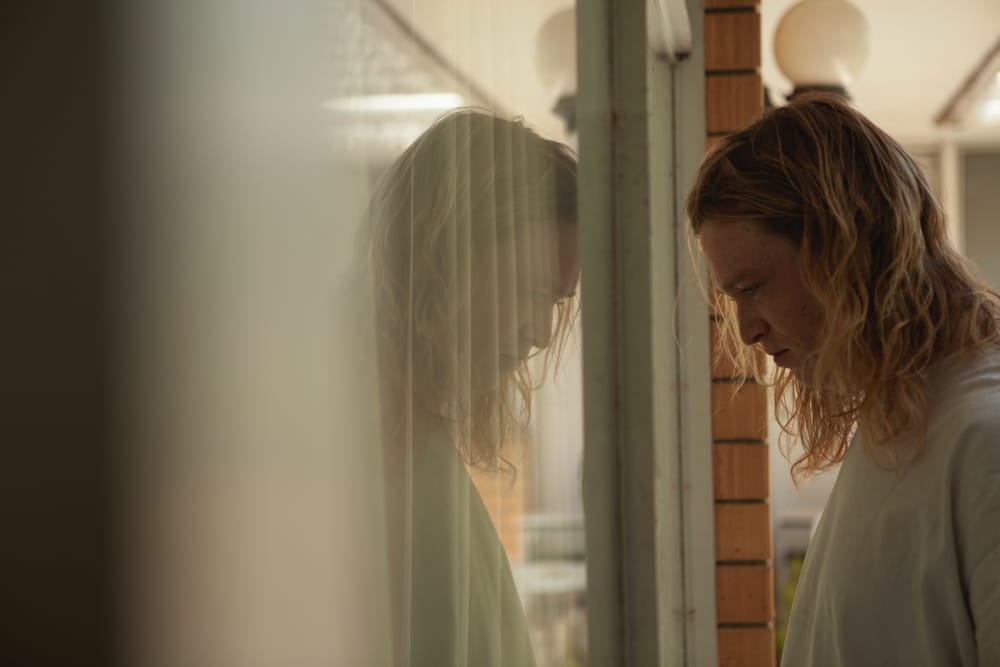
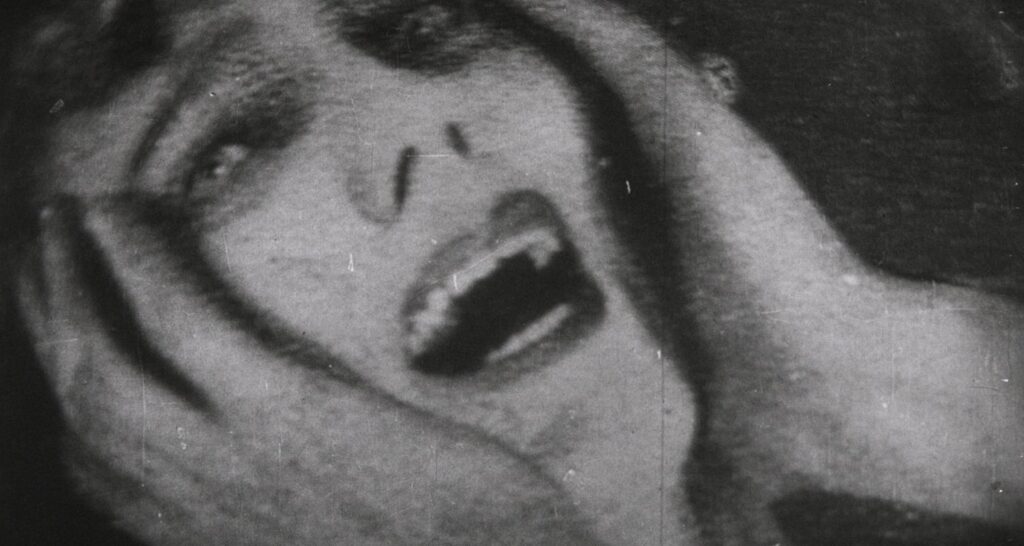 EUROPA (1931) Photo credit: Themerson Estate
EUROPA (1931) Photo credit: Themerson Estate 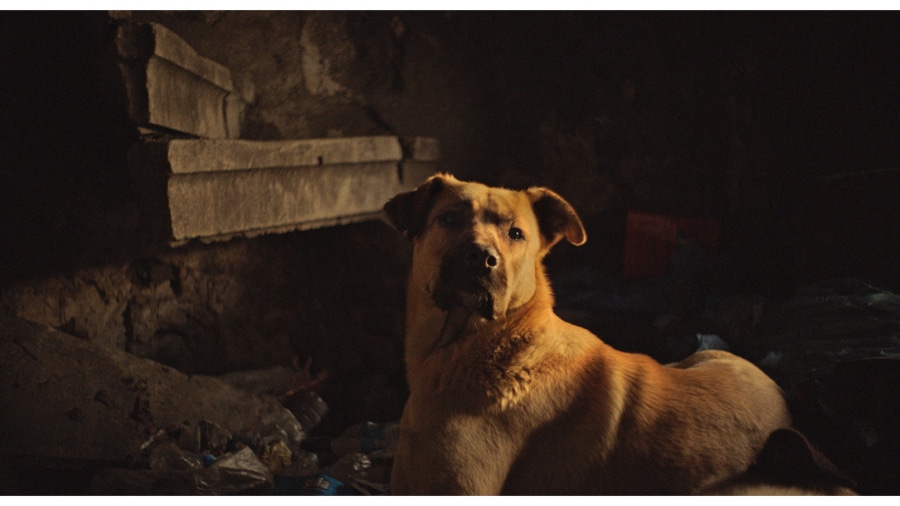
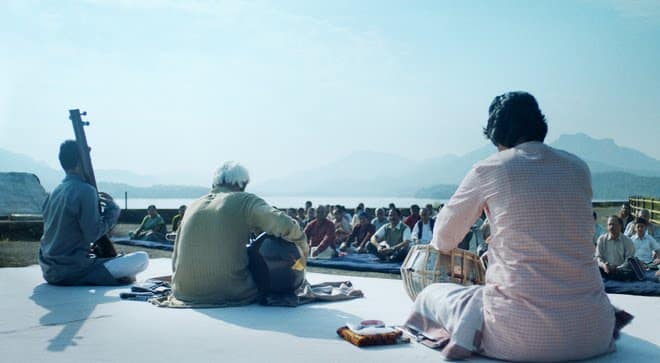
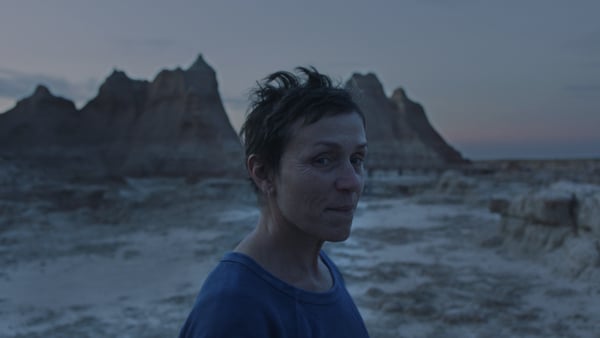
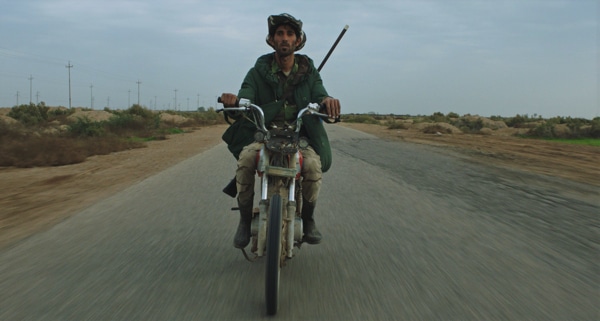
 Dir: Hajooj Kuka | Cast: Abdallah Ahur, Ganja Chakado, Ekram Marcus, Kamal Ramadan | Drama | 78’
Dir: Hajooj Kuka | Cast: Abdallah Ahur, Ganja Chakado, Ekram Marcus, Kamal Ramadan | Drama | 78’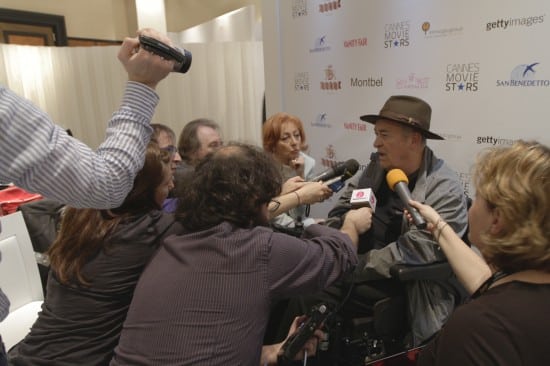
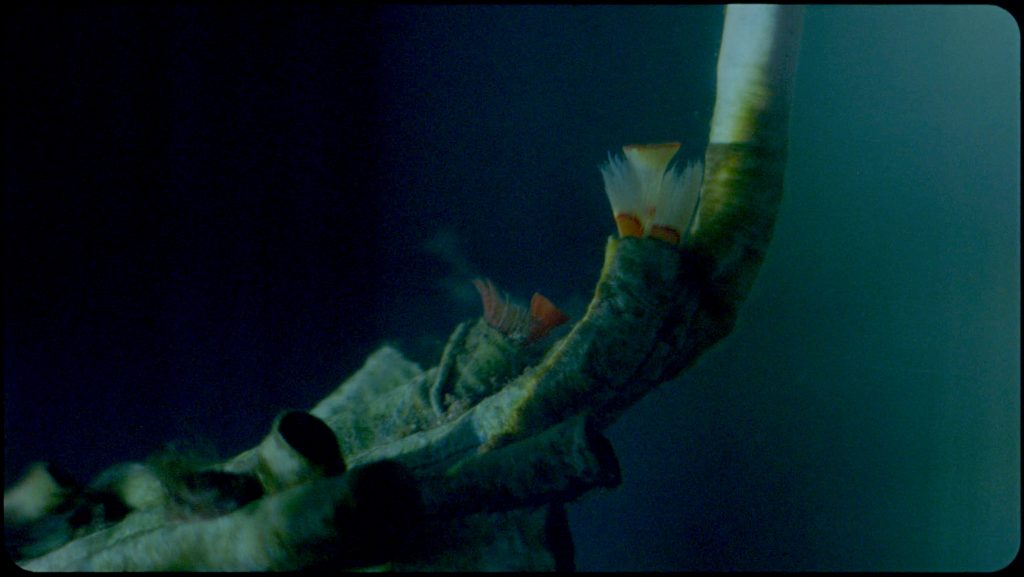 Director Margaret Salmon, who made the hyper realist fantasy drama Eglantine (2016) develops her worthwhile and enchanting filmic forays into the natural world that started with P.S. in 2002, and continued with Everything That Rises Must Converge (2010); Enemies of the Rose (2011); Gibraltar (2013); Pyramid (2014) and Bird (2016), amongst other titles. Very much festival fare, but valuable in their thoughtful exploration of the British Isles, and often further afield. MT
Director Margaret Salmon, who made the hyper realist fantasy drama Eglantine (2016) develops her worthwhile and enchanting filmic forays into the natural world that started with P.S. in 2002, and continued with Everything That Rises Must Converge (2010); Enemies of the Rose (2011); Gibraltar (2013); Pyramid (2014) and Bird (2016), amongst other titles. Very much festival fare, but valuable in their thoughtful exploration of the British Isles, and often further afield. MT
 Dir: Morgan Neville | US | Doc | 94′ | With Bill Clinton, Hilary Clinton, Al Gore, Robert F Kennedy.
Dir: Morgan Neville | US | Doc | 94′ | With Bill Clinton, Hilary Clinton, Al Gore, Robert F Kennedy. 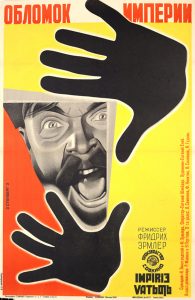 Writer/Dir: Fridrikh Ermler (1898-1976) | Writer: Ekaterina Vinogradskiya | Drama | Russia | 96′
Writer/Dir: Fridrikh Ermler (1898-1976) | Writer: Ekaterina Vinogradskiya | Drama | Russia | 96′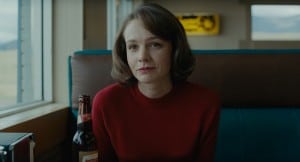
 WOMAN AT WAR (2018) – SACD Winner, Cannes Film Festival 2018
WOMAN AT WAR (2018) – SACD Winner, Cannes Film Festival 2018 THE FAVOURITE
THE FAVOURITE

 DOGMAN Best Actor, Marcello Forte, Cannes 2018 | Palm Dog Winner 2018
DOGMAN Best Actor, Marcello Forte, Cannes 2018 | Palm Dog Winner 2018  MADELINE’S MADELINE
MADELINE’S MADELINE MUSEUM – Best Script Berlinale 2018
MUSEUM – Best Script Berlinale 2018 IN FABRIC
IN FABRIC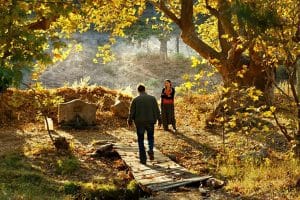 THE WILD PEAR TREE – Palme d’Or, Cannes 2018
THE WILD PEAR TREE – Palme d’Or, Cannes 2018 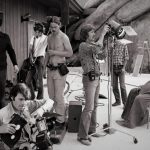 THEY’LL LOVE ME WHEN I’M DEAD (2018)
THEY’LL LOVE ME WHEN I’M DEAD (2018)

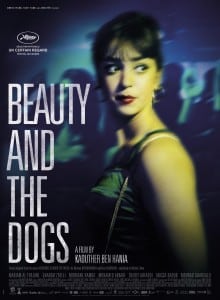

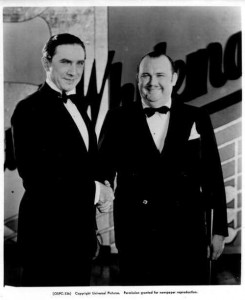
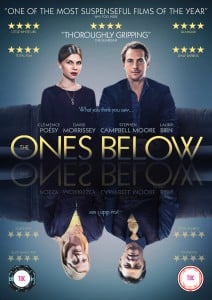



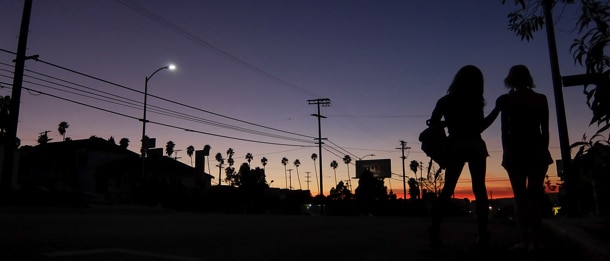 With all this in mind, I ask what they expected when they set out on the film in 2013. Surely the excitement generated by
With all this in mind, I ask what they expected when they set out on the film in 2013. Surely the excitement generated by 